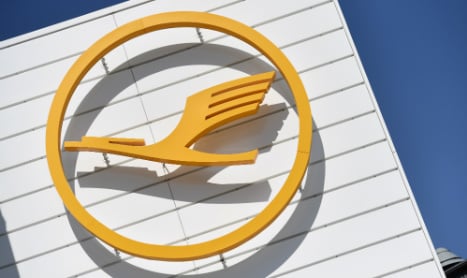Lufthansa and the cabin crews' union UFO “have come to a comprehensive agreement that has been accepted by both sides,” the union said in a statement.
The deal was reached under the mediation of Matthias Platzeck, the former Social Democrat president of the regional state of Brandenburg, it added.
The agreement will be formally accepted on July 5 when the full details, currently being worked out, will be unveiled, Lufthansa said.
In November, cabin staff staged the longest walkout in Lufthansa's history with a seven-day stoppage, during which 4,700 flights were scrapped and 550,000 passengers grounded.
The dispute erupted nearly two years ago when management sought to cut costs, saying the current retirement system was too expensive to maintain.
The union, however, wanted the status quo to remain.
UFO, which represents more than 13,000 flight attendants, agreed to arbitration talks in January.
Already in January, the two sides struck a deal for a 2.2-percent pay rise for Lufthansa flight attendants from January 2016, as well as a one-off payment of €3,000 for last year, the airline said.
The arbitration focused on early retirement provisions and working conditions.
At the end of November, Lufthansa reached a wage deal for its 30,000 ground staff.
Lufthansa, which also owns Swiss and Austrian Airlines, is battling to bring down costs in a bid to survive competition from low-cost rivals such as EasyJet and Ryanair.
It has also faced multiple strikes by its pilots.



 Please whitelist us to continue reading.
Please whitelist us to continue reading.
Member comments